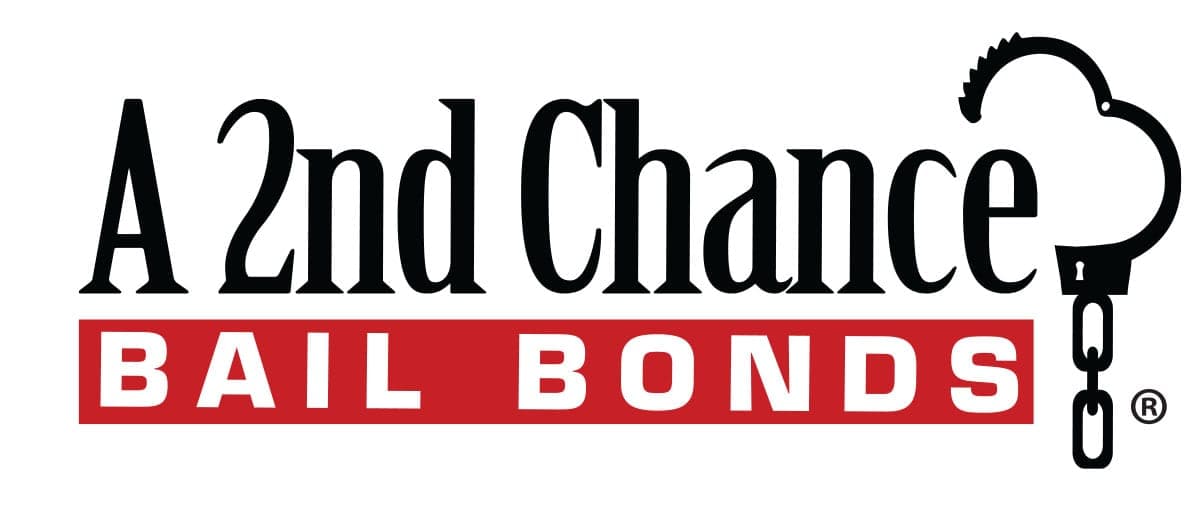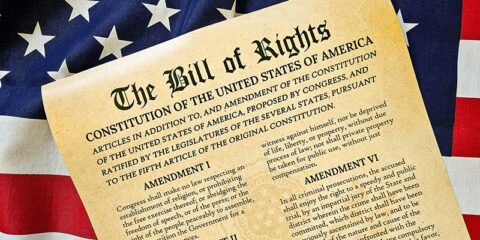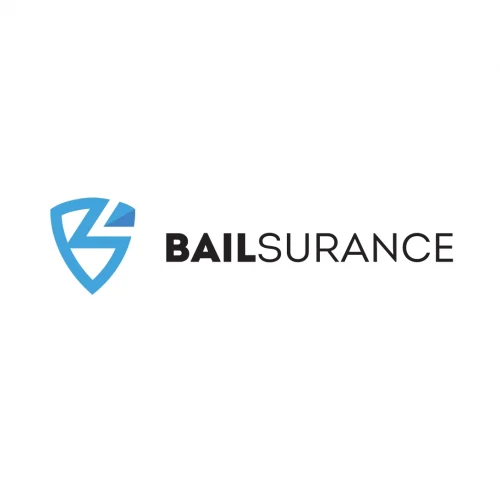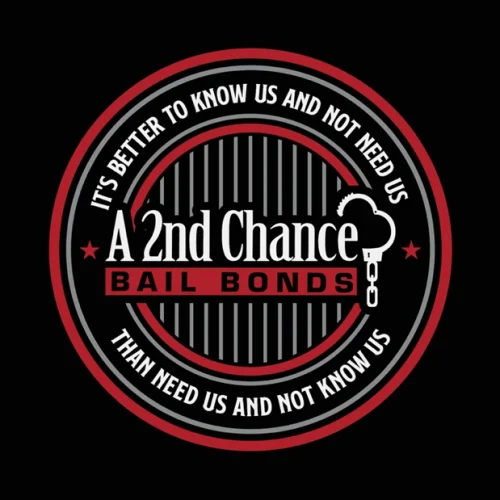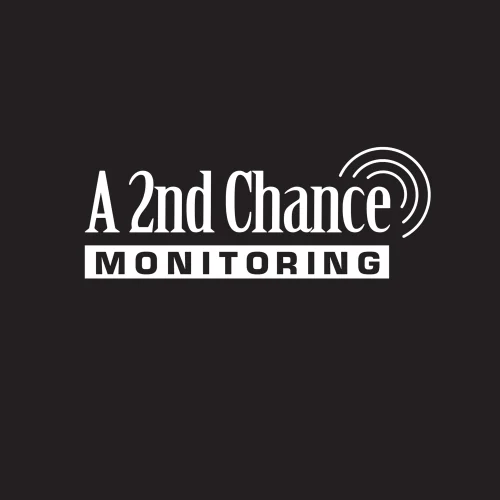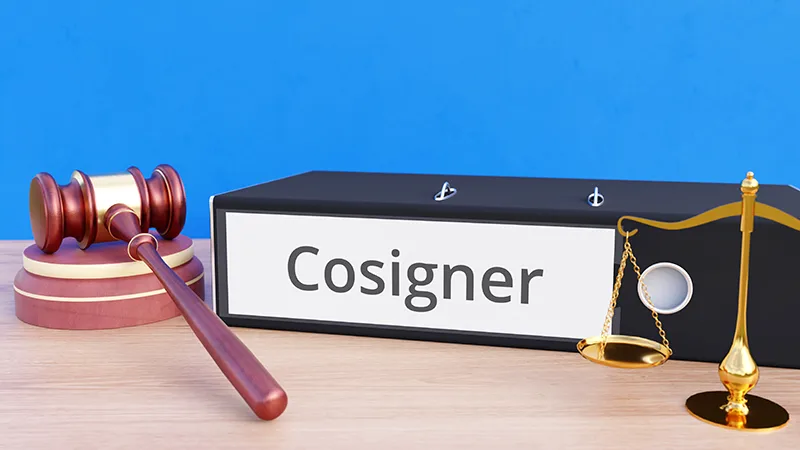
When someone is arrested and charged with a crime, they may be eligible for bail. Bail is a financial guarantee that the defendant will appear in court for all scheduled hearings. Bail bondsmen will post the full bail amount to the court on the defendant’s behalf in exchange for a percentage fee. In addition to agreeing to post the bail, most bail bonds companies will also require a cosigner who agrees to be responsible for the full bail amount if the defendant fails to appear in court.
Who Can be a Cosigner?
A cosigner is someone who agrees to be financially responsible for the bail amount if the defendant fails to appear in court and the bail money is forfeited. However, not everyone can be a cosigner for a bail bond. The specific requirements vary from state to state, but there are general guidelines:
- Must be 18 years of age or older
- Must know the defendant
- Must have identification
- Must have employment and be able to financially secure the bond should the court forfeit the bond
Family members, like parents, spouses, siblings or adult children, often serve as cosigners for bail bonds. However, for large bail amounts, bail bondsmen may require more than one cosigner. The company wants to spread the financial liability across multiple people able to pay the full amount if necessary. Close friends, employers, clergy members or respected community members may also agree to cosign.
What are the Risks of Being a Cosigner?
Acting as a cosigner on a bail bond is a serious decision. It is important to understand the risks involved before agreeing to do so.
- The cosigner is financially responsible up to the full amount of the bail bond if the defendant fails to appear in court.
- The cosigner is financially responsible should there be an unpaid balance on the defendant’s account.
Additional Things for Potential Cosigners to Keep in Mind
- The cosigner should only agree to co-sign a bond that they can afford to pay and for someone they trust.
- The cosigner should make sure that they understand the terms of the bond agreement.
- The cosigner should stay in touch with the defendant and make sure that they are aware of all court dates. If the defendant fails to appear in court, contact the bail bond company immediately.
In addition to the general requirements, some bail bond companies may have their own requirements for cosigners. For example, a bail bond company may require that the co- signer live in the same state as the defendant. You should also ask the bail bond company about their specific requirements for cosigners.
Co-signing a bail bond can be a difficult decision. Before you agree to co-sign a bail bond, please ensure you understand the terms of the agreement and that you consult with a reputable bonding agency to ask any questions you may have.



